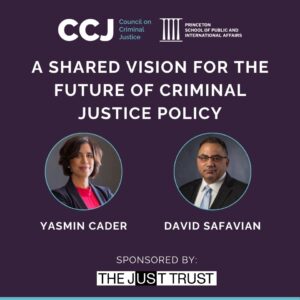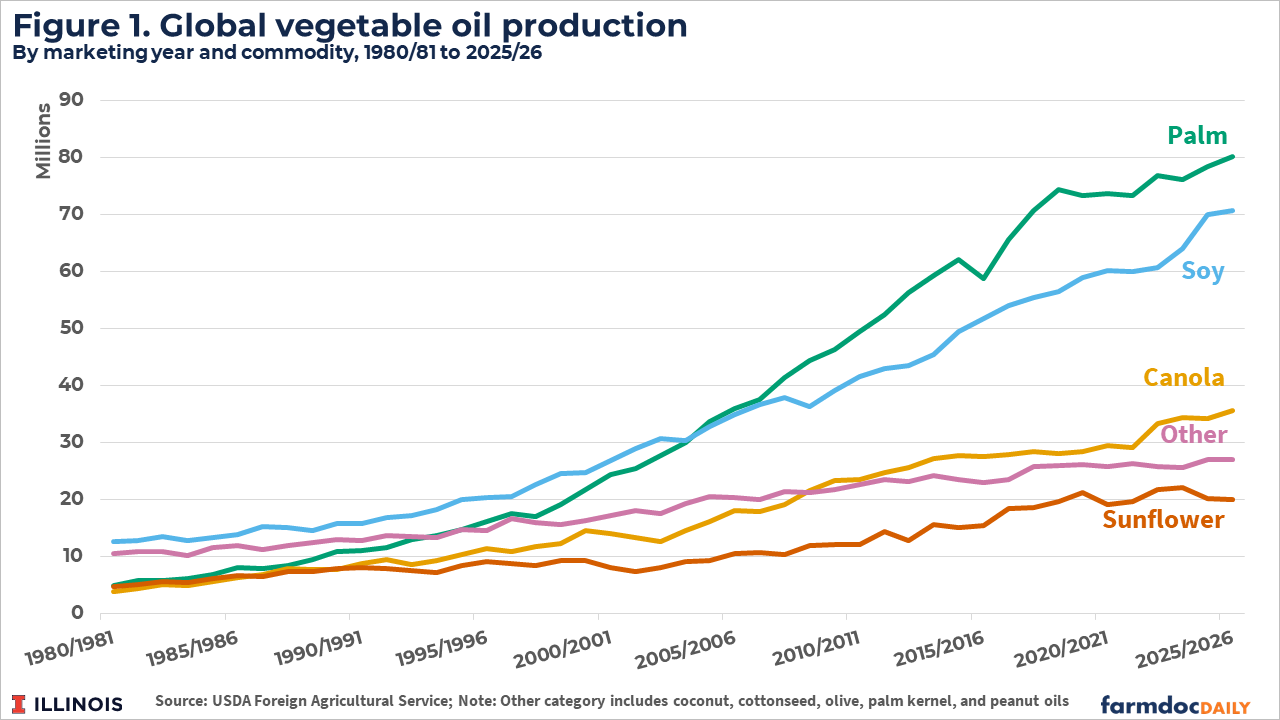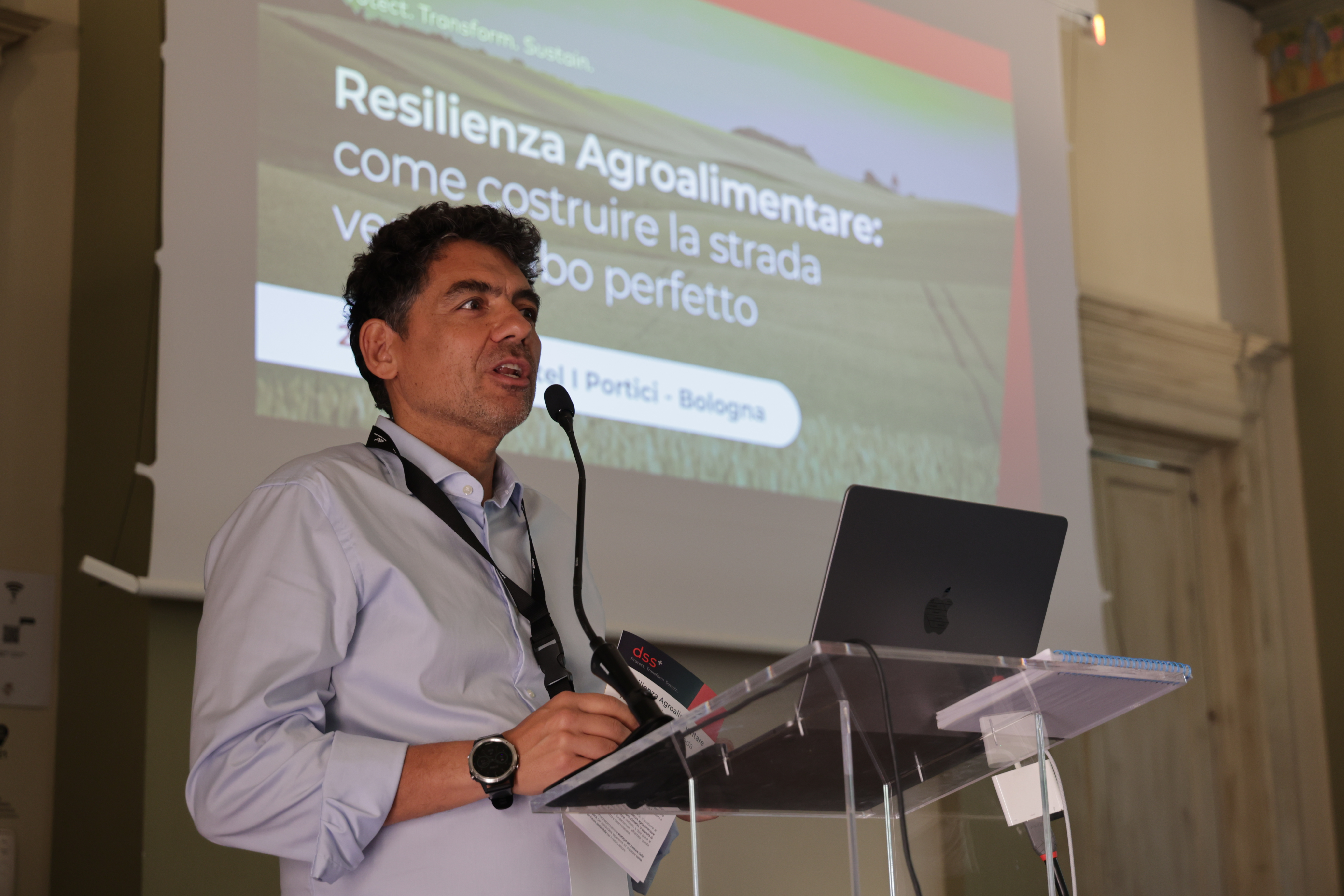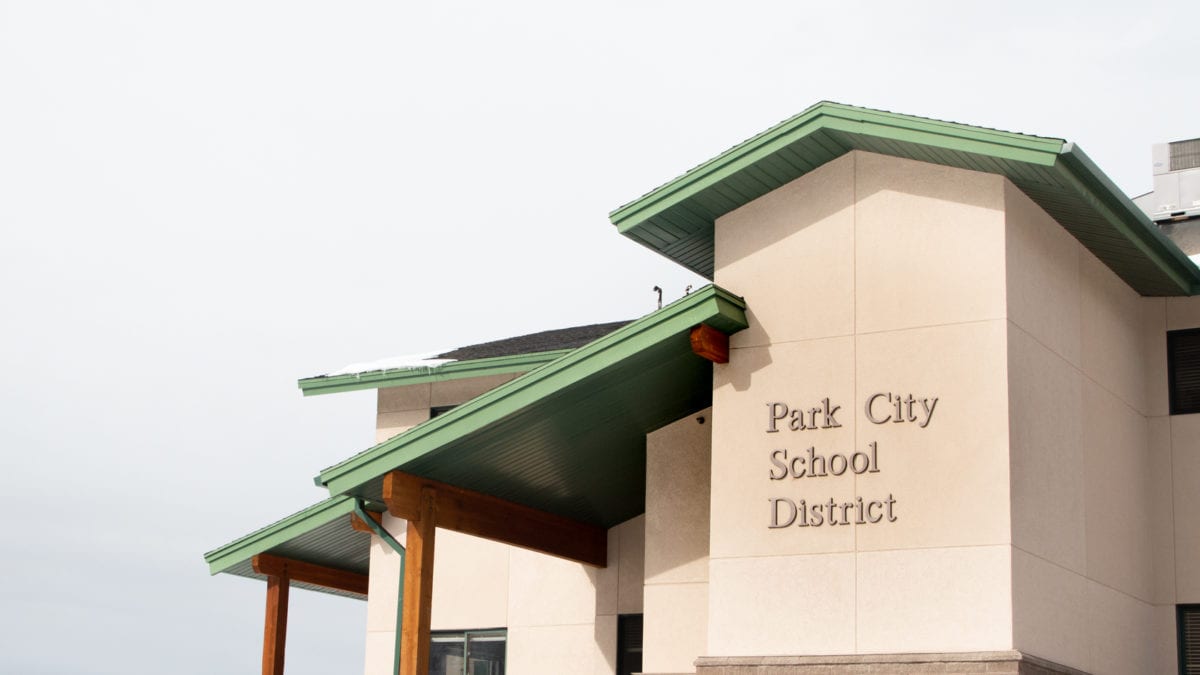Marc Levin – Council on Criminal Justice

Report on Marc A. Levin’s Contributions to Criminal Justice Reform and Sustainable Development Goals
Executive Profile
Marc A. Levin serves as the Chief Policy Counsel for the Council on Criminal Justice (CCJ), where he co-leads the Centering Justice initiative. His career is distinguished by significant contributions to criminal justice policy reform, with work that directly supports the achievement of the United Nations Sustainable Development Goals (SDGs), particularly those concerning justice, equality, and institutional strength.
Alignment with SDG 16: Peace, Justice and Strong Institutions
Mr. Levin’s professional activities demonstrate a strong commitment to SDG 16, which focuses on promoting just, peaceful, and inclusive societies. His efforts are instrumental in building effective, accountable, and inclusive institutions at all levels, a core target of this goal.
- Fostering Inclusive Institutions (Target 16.7): He played a pivotal role in developing a set of landmark bipartisan principles on criminal justice policy, securing agreement from 14 leading organizations across the political spectrum. This work exemplifies the promotion of responsive, inclusive, and representative decision-making.
- Promoting the Rule of Law (Target 16.3): Earlier in his career, Mr. Levin launched the criminal justice program for the Texas Public Policy Foundation and developed the concept for its Right on Crime initiative, both of which advance reforms aimed at ensuring equal access to justice for all.
- Developing Effective and Accountable Institutions (Target 16.6): Through extensive testimony before the U.S. Congress and state legislatures, he has contributed expert analysis to shape effective and transparent justice policies. His contributions to state-level reforms were formally recognized by the Texas House of Representatives.
Broader Impact on Sustainable Development Goals
The impact of Mr. Levin’s work extends to several interconnected SDGs, highlighting the holistic nature of justice reform in achieving global development targets.
- SDG 10 (Reduced Inequalities): By championing reforms in both juvenile and criminal justice systems, his work directly confronts systemic issues that perpetuate inequality, contributing to the goal of reducing inequalities within countries.
- SDG 17 (Partnerships for the Goals): Mr. Levin actively engages in global partnerships to advance justice reform. He has presented on criminal justice policy to international leaders, including the Vice President of Uruguay and the Justice Committee of the United Kingdom Parliament, and has conducted similar meetings in Australia, thereby strengthening the global partnership for sustainable development.
Professional Appointments and Institutional Engagement
Mr. Levin’s influence is further demonstrated through his active participation on numerous advisory boards and task forces. These appointments underscore a commitment to the multi-stakeholder collaborations vital for achieving SDG 17 and strengthening the institutions central to SDG 16.
- American Legislative Exchange Council Judiciary Task Force
- Aspen Institute Criminal Justice Initiative Advisory Council
- Urban Rural Action Board of Directors
- Executive Committee of the Federalist Society’s Criminal Law & Procedure Practice Group
- Corrections News Editorial Advisory Board
- The University of Texas/Lyndon B. Johnson School’s Prison and Jail Innovation Lab Advisory Committee
- The Marshall Project Advisory Board
- Caruth Police Institute Advisory Board
Academic Credentials
Mr. Levin graduated with honors from the University of Texas, earning a BA in Plan II Honors and Government. He also received his JD with honors from the University of Texas School of Law.
Analysis of Sustainable Development Goals in the Article
1. Relevant Sustainable Development Goals (SDGs)
-
SDG 16: Peace, Justice and Strong Institutions
- The article is centered on the work of Marc A. Levin in criminal justice policy and reform. His efforts to develop “landmark bipartisan principles on criminal justice policy,” launch criminal justice programs, and contribute to “state juvenile and criminal justice reforms” directly align with the goal of building effective, accountable, and inclusive institutions at all levels.
-
SDG 17: Partnerships for the Goals
- The article highlights extensive collaboration and partnership. Levin’s work involves co-leading initiatives, developing principles “embraced by 14 leading organizations on the left and right,” serving on numerous advisory boards (e.g., American Legislative Exchange Council, Aspen Institute), and engaging in international cooperation with leaders in the UK, Uruguay, and Australia. This demonstrates a multi-stakeholder approach to achieving policy goals.
2. Specific SDG Targets
-
Target 16.3: Promote the rule of law at the national and international levels and ensure equal access to justice for all.
- Levin’s entire career, as described in the article, is dedicated to reforming criminal and juvenile justice systems. His work on “criminal justice policy” and his “indispensable contributions” to reforms are aimed at strengthening the rule of law and the administration of justice.
-
Target 16.6: Develop effective, accountable and transparent institutions at all levels.
- The development of “landmark bipartisan principles on criminal justice policy” is a direct effort to make the institutions responsible for justice more effective and accountable by establishing a shared vision and standards for their operation.
-
Target 16.a: Strengthen relevant national institutions, including through international cooperation, for building capacity at all levels… to combat… crime.
- The article explicitly mentions that Levin was invited by the U.S. State Department to “present on criminal justice policy before the nation’s vice president and other leaders” in Uruguay and has conducted similar meetings with policymakers in Australia and the UK. This is a clear example of international cooperation to strengthen national justice institutions.
-
Target 17.17: Encourage and promote effective public, public-private and civil society partnerships, building on the experience and resourcing strategies of partnerships.
- The article details numerous partnerships. The collaboration with “14 leading organizations on the left and right” is a prime example of a civil society partnership. Furthermore, his service on multiple advisory boards like the Aspen Institute Criminal Justice Initiative and The Marshall Project Advisory Board showcases engagement with various stakeholders to advance shared goals.
3. Mentioned or Implied Indicators
-
Development and adoption of national policies and reforms on criminal justice.
- While not a formal SDG indicator, the article implies this measure of progress. It notes Levin’s “indispensable contributions to state juvenile and criminal justice reforms” and his role in developing policy principles, which can be seen as progress toward Target 16.3.
-
Existence of multi-stakeholder partnerships for justice reform.
- The article implies this indicator for Target 17.17 by listing the numerous organizations and collaborations Levin is a part of. The mention of “14 leading organizations” embracing a set of principles and his extensive board memberships serve as evidence of such partnerships being formed and utilized.
-
Engagement in international cooperation on justice policy.
- As an indicator for Target 16.a, the article provides specific examples of international engagement, such as presenting policy ideas to the “Justice Committee of the United Kingdom Parliament” and leaders in Uruguay and Australia. This demonstrates the sharing of knowledge and expertise across borders to strengthen institutions.
4. Summary Table: SDGs, Targets, and Indicators
| SDGs | Targets | Indicators (Implied from Article) |
|---|---|---|
| SDG 16: Peace, Justice and Strong Institutions | 16.3: Promote the rule of law… and ensure equal access to justice for all. | Development and adoption of national policies and reforms on criminal justice. |
| SDG 16: Peace, Justice and Strong Institutions | 16.6: Develop effective, accountable and transparent institutions at all levels. | Establishment of bipartisan principles to guide justice policy. |
| SDG 16: Peace, Justice and Strong Institutions | 16.a: Strengthen relevant national institutions, including through international cooperation. | Engagement in international cooperation and knowledge-sharing on justice policy (e.g., meetings in Uruguay, UK, Australia). |
| SDG 17: Partnerships for the Goals | 17.17: Encourage and promote effective… civil society partnerships. | Existence of multi-stakeholder partnerships for justice reform (e.g., collaboration of 14 organizations, service on multiple advisory boards). |
Source: counciloncj.org

What is Your Reaction?
 Like
0
Like
0
 Dislike
0
Dislike
0
 Love
0
Love
0
 Funny
0
Funny
0
 Angry
0
Angry
0
 Sad
0
Sad
0
 Wow
0
Wow
0








































































